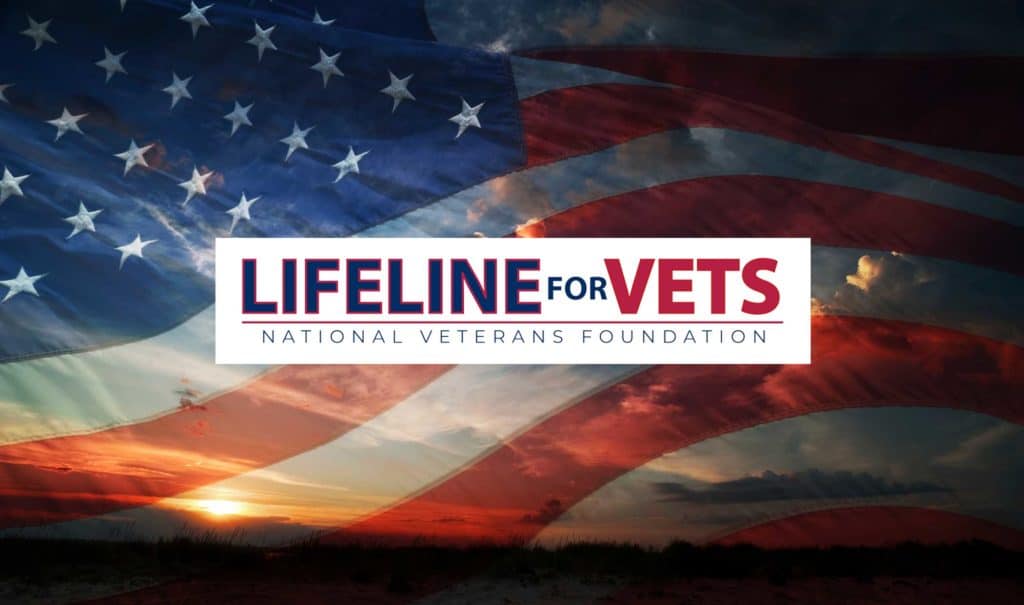Tips for Making the Military to Civilian Transition
One of the most difficult aspects of your military career is when it ends. Whether you were in for two years or twenty, your military experience will have a profound effect on the way you approach jobs as a civilian. Work in military service is completely different than work in the civilian world. The military to civilian transition is the first, most difficult step in adapting to civilian life.

The regimentation that exists in the military, where all members of a unit sleep, eat and live together for much of the time, simply does not exist in the civilian world. The individual is responsible for his food, living space and getting and holding down a job.
This is the most fundamental point, instead of having clear-cut duties and responsibilities assigned to them by the military, civilians have the freedom to choose what they do, how they live and whom they share their time with. Once the veteran making the military to civilian transition wraps his or her head around that simple fact, it becomes easier in many ways.
The following tips will make it easier for veterans to make the military to civilian transition:
- Be proactive. Don’t wait until you have thirty days and a wakeup to begin planning your transition. Begin early, as much as a year prior to your military to civilian transition, to update your resume, begin your job search and decide where you are going to go.
- Play the field. When you begin planning your transition, don’t rely on one source to attend all your needs. Don’t count on one specific job or one specific transition team, use the time to find resources and lay out alternate paths if the first one (or two) don’t pan out.
- Clean up your act. Although being in the military means that you are under scrutiny nearly all of the time, the civilian world looks for different things. Military humor and situations can easily be misunderstood by civilians and ensuring that questionable material is removed from social media is a commonly missed step. That isn’t to say that you should drop your buddies from the service, just make sure that potential employers don’t see any inappropriate shenanigans, for example.
- Make a transition plan. Not just for you, but also your family. Once you have completed your official military to civilian transition, certain things you have taken for granted while serving will no longer apply. Your new job will probably not pay for you to relocate you and your family and you will be responsible for housing and bills during your transition period.
- Sell yourself and don’t be modest. The military clearly classifies your job and no matter where you go during your service, you have an idea of who and what you are. Once you are in the civilian world, terms like ‘rifleman’ or ‘crew chief’ don’t carry the same weight. You will have to explain what you did and what you can do to civilian employers.
- Think outside of the box. Some of your military experience does not translate well into the civilian sector. A trained gunnery mate from the Navy might have difficulty finding a job in the civilian sector that allows him to work with 5” guns, but it is much easier to find a job where you are managing a small crew in many different industries.
As you continue your military to civilian transition, there will be frustrations as you try to explain to prospective employers and family members how your skills and experiences can help them, but one of the many things that you were taught while in the service was perseverance. Stick it out; make the effort to help people understand where you are coming from and you will have a much greater success rate than veterans who get out believing that there is no difference between the civilian world and the military.
You can be a part of our mission to help Veterans by making a tax-deductible donation!
About the Author
SUBSCRIBE TO OUR BLOG AND NEWS!
By submitting this form, you are granting: NATIONAL VETERANS FOUNDATION INC permission to email you. You may unsubscribe via the link found at the bottom of every email. (See our Email Privacy Policy for details.)
Related Posts




